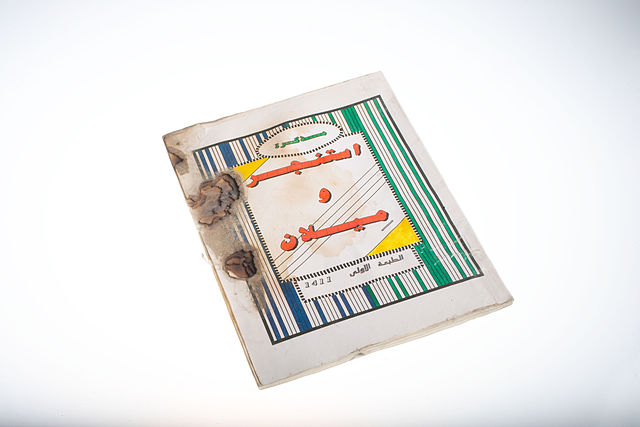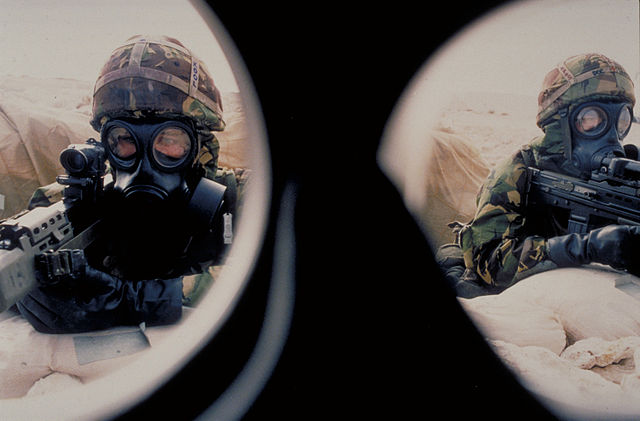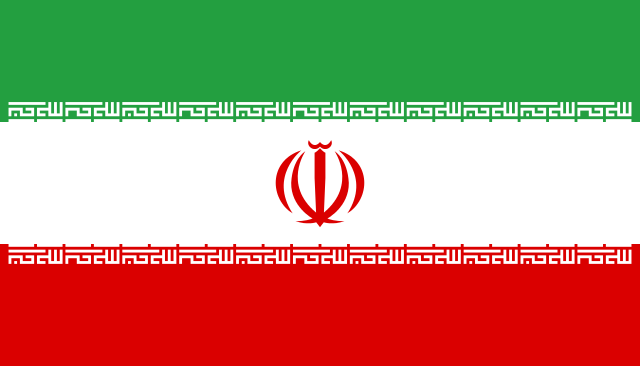Report: Rising al-Qaeda presence in Sinai Peninsula is a growing threat to Egypt and Israel
Al Qaeda training manual found in Afghanistan in 2001. Photo courtesy of the the US Department of Defense.
A new Henry Jackson Society report – Terror in the Sinai – provides the first statistical analysis of its kind on the evolution of the terrorist threat in the Sinai since the Egyptian revolution three years ago.
Terror in the Sinai, launched today by the Henry Jackson Society, examines the terrorist threat coming from the Sinai Peninsula. The report assesses the presence of al-Qaeda and its ideology in the Sinai, emerging ties between Salafi-jihadist groups and local Bedouins, and the successes and failures of the Egyptian army’s recent military efforts in confronting the threat. It finds strong indications of an influx of foreign fighters and weapons into the Sinai and a threat against the Egyptian state and Israel that is more co-ordinated and sophisticated than ever before.
Among the report’s key findings:
- Rate of attacks: Mohamed Morsi’s removal from power in mid-2013 sparked a fifteen-fold increase in militant attacks. During the first three months of 2014, the rate of attacks has risen six-fold in comparison to the same period last year.
- Type of attacks: Attacks launched from the Sinai are becoming more organized and sophisticated, with groups increasingly using the peninsula as a launchpad to target the Egyptian mainland. Groups are also increasingly favouring al-Qaeda-style methods: so far in 2014, bombings have overtaken shootings as the most common type of attack (rising from 18% in 2013 to 54% during the first three months of 2014).
- Location of Attacks: 20% of attacks attributed to groups active in the Sinai have taken place in Cairo this year (up from 2% in 2013). As 2014 progresses, bomb attacks are increasingly likely to take place in Cairo and other major cities in Egypt.
- Al-Qaeda’s presence in the Sinai: Militant groups in the Sinai appear to be increasingly adopting al-Qaeda ideology. There are also strong indications that al-Qaeda central (AQ), Al-Qaeda in the Arabian Peninsula (AQAP) and the Islamic State of Iraq and al-Sham (ISIS) are attempting to make inroads into the peninsula.
- Foreign fighters: Individuals from Yemen, Somalia, the Sudan, Algeria, Libya, Saudi Arabia, Syria and Afghanistan are reported to have travelled to the Sinai in order to join armed groups.
- Arms: Weapons are believed to be falling into the hands of militant groups in the Sinai through smuggling routes from Libya, the Sudan, the Gaza Strip and Iran. Moreover, Hamas reportedly operates warehouses, rocket-production facilities and factories in the peninsula.
- Threat to Israel: Since 2010, groups operating in the peninsula have targeted Israel at least 19 times, including a group named the Mujahideen Shura Council in the Environs of Jerusalem, which stated that its obligation from God is to attack Jews as “unbelievers”. Additionally, ongoing attacks to the natural-gas pipeline connecting Israel to Egypt have cost an estimated $166 million.
- Bedouin-jihadist ties: The government’s deteriorating relationship with the Sinai’s Bedouin tribes appears to be increasing the overlap between Bedouin youths and Salafi-jihadist ideology and activity.
- Military action: The Egyptian army’s recent military operations in the Sinai – despite its claims of successful arrests and killings of militants – do not appear to have effectively curbed the terrorist threat in the peninsula.
Oren Kessler, Henry Jackson Society Research Fellow and co-author of the report, said:
“Salafi-jihadist militant groups – some of whom appear to include fighters from abroad – are increasingly using the peninsula as a key base of operations. With Egypt’s elections approaching, attacks against political and military figures on the Egyptian mainland – as well as cross-border strikes against Israel – pose a greater threat than ever before.”
Mohannad Sabry, a Cairo-based journalist, said:
‘Terror in the Sinai’ is available to download here.“Terror in the Sinai shows that Egypt’s terrorist threat is not going away anytime soon, rather, it is poised to grow far beyond its current state. Thoughtful and nuanced analysis is therefore urgently needed for decision-makers to effectively confront and contain the ongoing crisis. This report is an invaluable contribution to that effort.”
HJS’s work on terrorism and Egypt includes:
- Terrorism and Islamism in the MENA Region, March 2014, available here
- The Presumption of Innocence: Difficulties in Bringing Suspected Terrorists to Trial, Robin Simcox, December 2013, available here
- Al-Qaeda’s Global Footprint: An Assessment of Al-Qaeda’s Strength Today, Robin Simcox, September 2013, available here
- Al-Qaeda in the United States – A Complete Analysis of Terrorism Offenses, February 2013, Emily Dyer and Robin Simcox, available here
RELATED STORY: Judicial Watch: DHS may have special “hands off” terrorist list


![Terror in the Sinai [full page]](https://drrichswier.com/wp-content/uploads/Terror-in-the-Sinai-full-page1.jpg)


